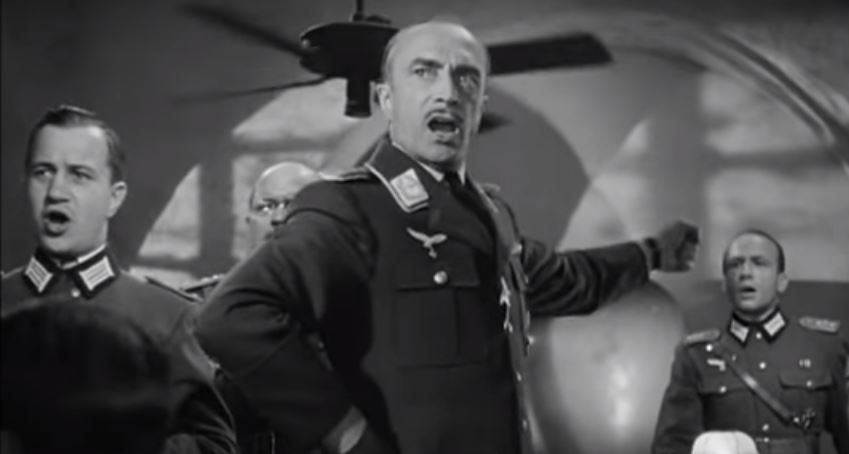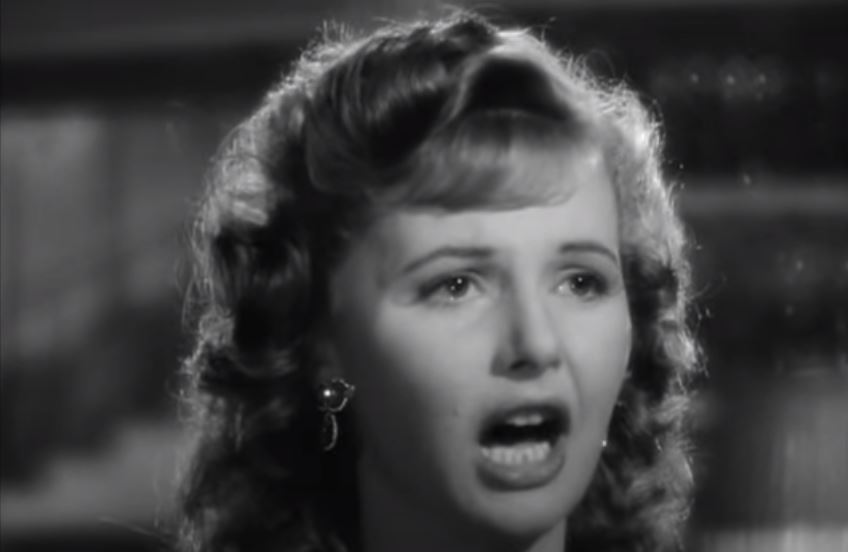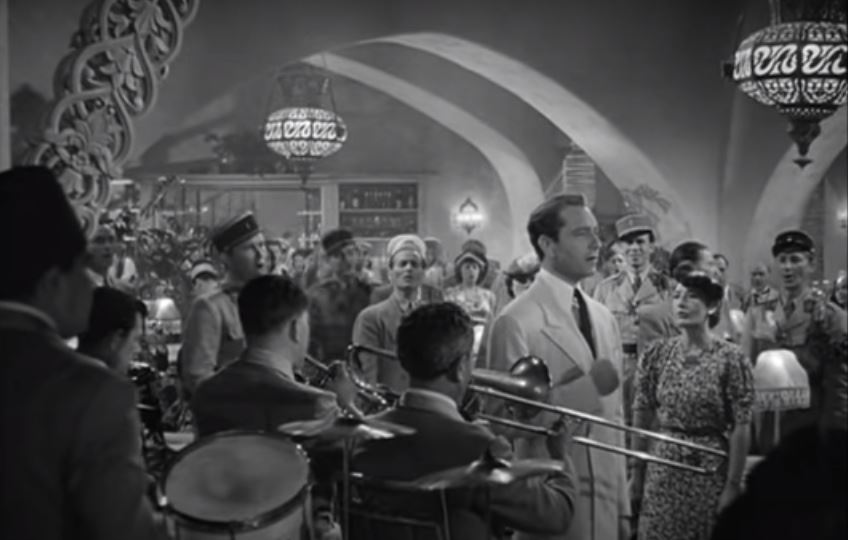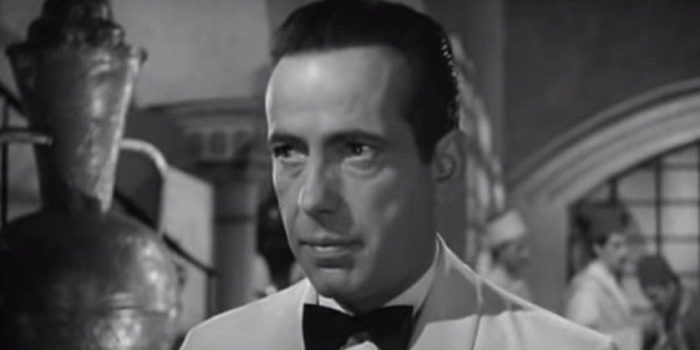I have several “favorite” movies of all-time. It is a list that includes flicks as varied as To Live and Die in LA, Goodfellas, Casablanca, and even Snatch.
One of those gets the perfect scene honor for our fourth installment of the regular series here on The Movie Mensch.
When you have a film such as Casablanca, the entirety of the cinematic experience is perfection. The film sits in the Library of Congress and finds itself routinely in the top five of the best films of all-time… whenever someone is so inclined to pen such an article.

After saluting Paul Thomas Anderson’s Boogie Nights, Steven Spielberg’s Jurassic Park, and Patty Jenkins’ Wonder Woman, it’s time for our Perfect Scene column to turn back the clock to World War II where a man was simply trying to run a bar. Then, the war came crashing into his life.
It is only fitting that a perfect movie, Casablanca, joins this esteemed list of perfect scenes. Hey, there may come a time when a not-so-great movie scores a spot on this list because this spotlight is all about the scene and everything that goes into it.
But I digress. The scene from the film that shares its moniker with a North African locale finds Rick Blaine (Humphrey Bogart) and his “gin joint” being overrun by Nazis enjoying a night out with cocktails. Hitler’s troops erupt into their country’s anthem, aka its sonic identity. This alarming moment, to freedom-loving peoples the world over, is appeased by the bar’s locals by their lump-in-your-throat response.

Their musical response overtakes the fascists’ when they belt out La Marseillaise. The French National Anthem is one of the more emotively impactful nationalistic pieces of music. As those crooning Nazis are subjugated by a people exhibiting their own national pride—particularly in the face of danger encapsulated—don’t be surprised if you are moved to join them in singing loud and proud.
The legendary Michael Curtiz directed flick is known for many, many elements.
There are the iconic quotes, from “Play it, Sam,” “We’ll always have Paris” to “Here’s looking at you, kid” and of course, “I think this is the beginning of a beautiful friendship.”
Then there is Casablanca’s score, by Max Steiner, and powerful black-and-white cinematography from Arthur Edeson, which are equally intertwined in Curtiz’s masterpiece. Over the decades they have been inseparable.
The chemistry between Bogart’s Rick and Ingrid Bergman’s Isla is fire incarnate. That’s why, above everything else, the film is regarded—historically—as a romance. It’s a pained romance if there ever was one. Some would argue it set the standard for that milieu, and that bar is incredibly high.
Bogart and Bergman possess a love that transcends time and geography. Due to the impending doom that is the zenith of World War II, Isla and Rick’s timing couldn’t be worse. History has shown that so much was lost to the death and destruction of the Second World War. There were tens of millions of lost souls. The promise of any one of those lives, and the countless generations that could have been spawned by folks just like Rick and Isla, never came to be because a madman found kinship with a dictator and an emperor and plunged the entire planet into chaos for years.

That is also why, for me, the La Marseillaise scene encapsulates the entire message, piercing drama, and poignant power that Julius J. Epstein, Philip G. Epstein, and Howard Koch’s brought with their adaptation of Murray Burnett and Joan Alison’s stage play.
What is so spectacular about this scene from Casablanca is different viewings will produce different responses, based on where one is at a given time in one’s life. The Best Picture Oscar winner’s Perfect Scene can also produce the chills from experiencing the French anthem belted out with such dissenting pride. Another viewing may produce ugly crying resulting from the palpable and devastating human cost that any war produces.
Then again, don’t be surprised if one defiantly sings-along with the French patriots as they out-sing their oppressors and occupiers.
That’s why this particular scene from Casablanca is pure perfection.
There is a lot of pitch-perfectness going on in Curtiz’s film from beginning to end. But there is none more exquisitely shot, framed, and emotively culled than when the French national anthem gets its all-time cinematic due.

